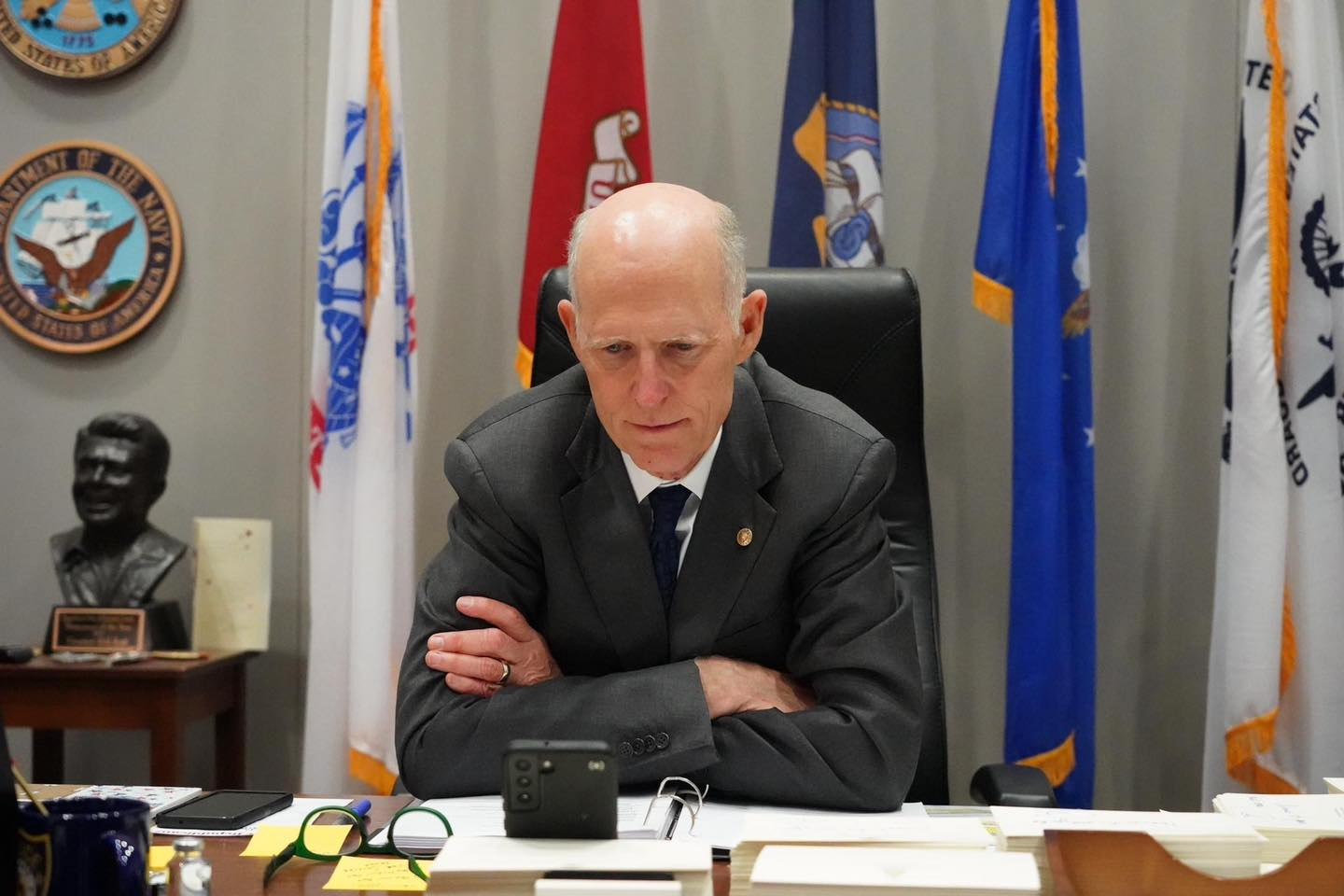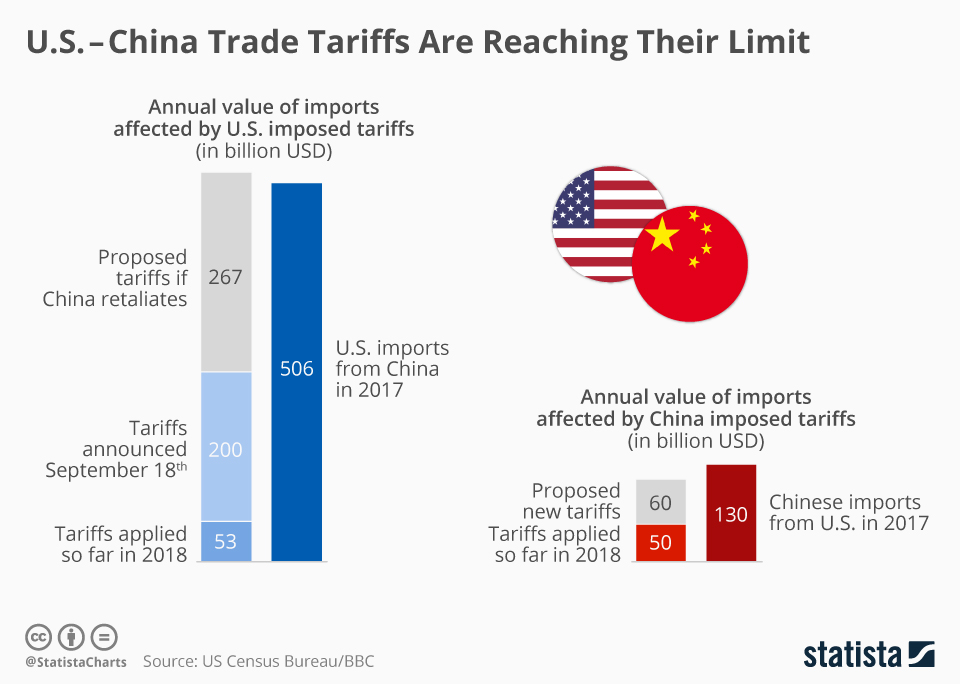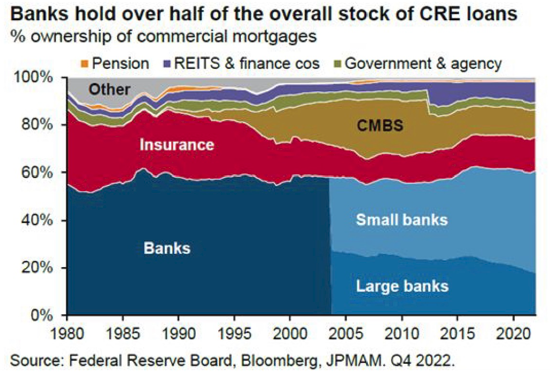Can Trump Fire Fed Chairman? Analyzing the Consequences
Can Trump fire Fed chairman Jerome Powell? This crucial question looms over the discussion of Federal Reserve independence and the potential implications for the economy. The tumultuous relationship between Trump and Powell has drawn significant attention, particularly as it relates to interest rate policy and its direct impact on market reactions. Trump’s economic policies, which often focus on aggressive growth strategies, have clashed with Powell’s cautious approach to monetary policy, leading to accusations from Trump that Powell is not doing enough to stimulate the economy. As discussions heat up regarding the Fed chair’s future, analysts warn that any attempts to undermine Powell could threaten the integrity of the Federal Reserve and unsettle financial markets.
The pivotal issue at hand involves the possible dismissal of Jerome Powell as the chair of the Federal Reserve, a topic that not only questions presidential authority but also touches on the broader implications for monetary policy. Examining Trump’s contentious history with the Federal Reserve reveals complex dynamics that impact economic stability and market confidence. The relationship between Trump’s administration and Fed leadership is characterized by divergent views on fiscal strategy, particularly in how interest rates are managed to either stimulate growth or control inflation. With the Fed’s reputation hinging on its independence, any perceived threat to that autonomy could have significant repercussions for economic sentiment. Understanding these intricate factors is essential for grasping the potential consequences of any action taken against the Fed chair.
Understanding Federal Reserve Independence During Trump’s Presidency
Federal Reserve independence is a crucial concept in the realm of U.S. economic policy. The notion that the Fed operates free from political pressure allows it to make decisions primarily influenced by economic data and stability rather than external political whims. During Donald Trump’s presidency, this independence was tested, particularly in his relationship with Jerome Powell, whom he himself nominated. Trump frequently criticized Powell’s reluctance to support the administration’s economic strategies with aggressive interest rate cuts, viewing such inaction as a failure to bolster the economy.
The essence of the Federal Reserve’s independence lies in its ability to make long-term decisions without succumbing to short-term political pressures. Trump’s administration, especially with his tariff policies and the ensuing market volatility, challenged this independence. Markets reacted cautiously to Trump’s threats to remove Powell, understanding that such a move would not only undermine the Fed’s integrity but also fuel uncertainty about future monetary policy. It’s this delicate balance between political influence and institutional independence that continues to be a focal point of economic discourse.
Frequently Asked Questions
Can Trump fire Fed chairman Jerome Powell?
While President Trump has discussed the possibility of firing Federal Reserve Chairman Jerome Powell due to disagreements over interest rate policies, legally, the president can only remove a Fed chair for cause, as outlined in the Federal Reserve Act. However, how this ’cause’ is interpreted remains a contentious issue.
What would happen if Trump fired the Fed chairman?
If Trump were to fire Fed Chairman Jerome Powell, it could lead to significant market reactions, amplifying fears of compromised Federal Reserve independence and instability in monetary policy. Analysts suggest this could elevate long-term interest rates and disrupt trust in the Fed’s ability to manage inflation.
How does Trump’s relationship with Jerome Powell impact interest rate policy?
Trump’s criticisms of Jerome Powell and the Federal Reserve’s interest rate policies have created tensions, leading to suggestions that his desire for a looser monetary policy may undermine the Fed’s independence. This relationship is crucial for market sentiments as Powell’s actions greatly influence interest rate policy decisions.
Can the Supreme Court support Trump’s attempt to fire the Fed chairman?
The Supreme Court’s stance on executive authority may influence whether Trump could legally fire Fed Chairman Powell. Recent decisions raise questions about the ‘for cause’ removal protection previously granted to independent agency heads, potentially siding with executive power in such matters.
Why are markets concerned about Trump firing Powell?
Markets are jittery at the thought of Trump firing Powell because it signifies a potential shift toward a more aggressive monetary policy that could spark inflation. The Fed’s credibility as an inflation fighter is at stake, making market trust crucial for economic stability.
What implications does Trump’s federal reserve policy have on economic growth?
Trump’s criticisms of Jerome Powell often stem from his desire for looser monetary policies that could spur immediate economic growth. However, undermining the Fed’s independence risks long-term economic stability and could lead to higher inflation if not managed properly.
Will the Federal Reserve maintain its independence under Trump’s administration?
The Federal Reserve’s independence, historically crucial for effective monetary policy decisions, may face challenges under Trump’s administration, especially if there are attempts to remove the chairman. Such actions could have lasting implications on Federal Reserve independence and economic policies.
What does firing Powell suggest about Trump’s economic policies?
If Trump were to follow through with firing Powell, it may reveal a broader intention to prioritize short-term economic gains over the long-term health of the economy, raising alarms about fiscal responsibility and the Federal Reserve’s role in managing inflation.
| Key Point | Details |
|---|---|
| Trump’s Relationship with Powell | President Trump has had tensions with Federal Reserve Chair Jerome Powell over economic policies and interest rates. |
| Legal Context | The Federal Reserve Act allows removal of governors for cause, but doesn’t specifically apply to the chair. |
| Market Reactions | Firing Powell could destabilize markets due to fears of looser monetary policy, causing higher inflation. |
| Supreme Court Considerations | The Supreme Court may weigh the president’s removal power against the independence of the Fed differently than other agencies. |
| Impact on Monetary Policy | The Fed’s independence is crucial for maintaining long-term growth and controlling inflation. |
| Possible Outcomes | Markets may react negatively to any attempt to remove Powell, preferring stability until the end of his term. |
Summary
Can Trump fire the Fed chairman? While there exists a legal mechanism through which a president could attempt to remove the chair of the Federal Reserve, numerous complexities arise regarding the interpretation of law, potential market repercussions, and the traditional independence of the Fed. The overarching consensus among legal scholars and market analysts suggests that such an action could drastically undermine the credibility of the Federal Reserve and spark instability in financial markets. This indicates that while Trump could theoretically remove Jerome Powell, the practical consequences may steer him towards allowing Powell to complete his term.




